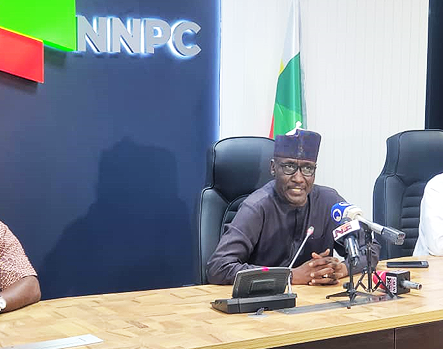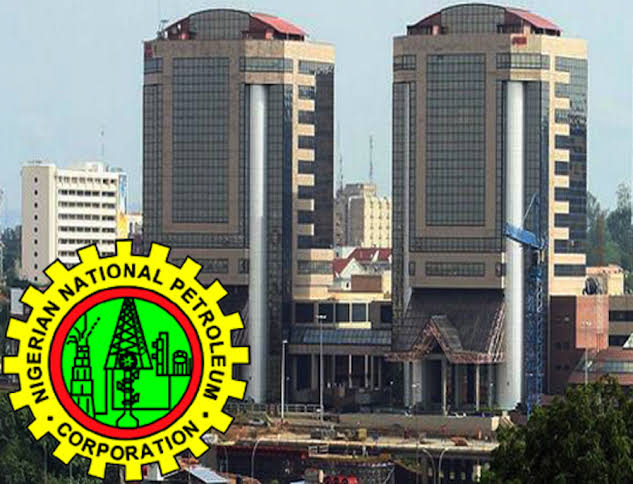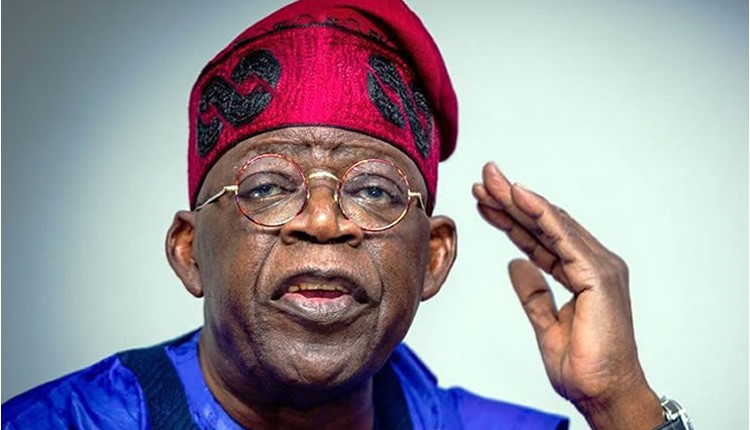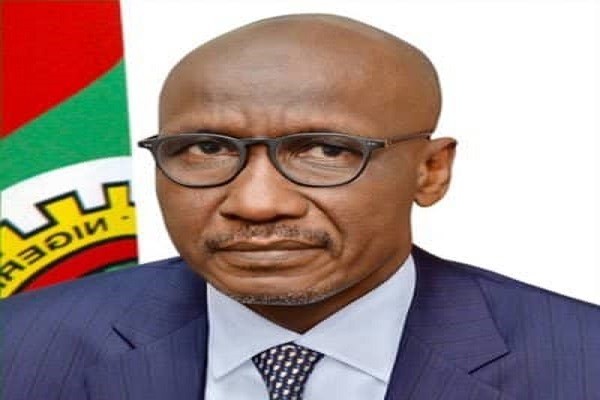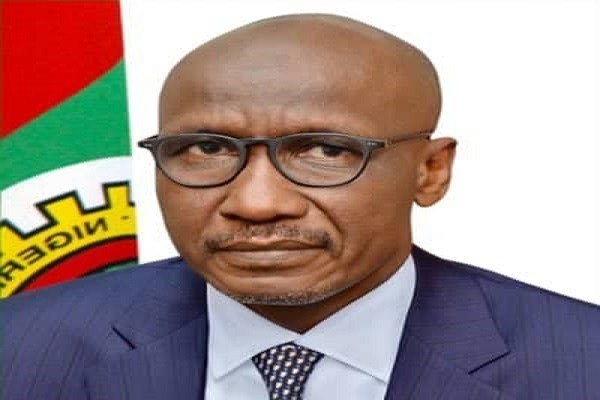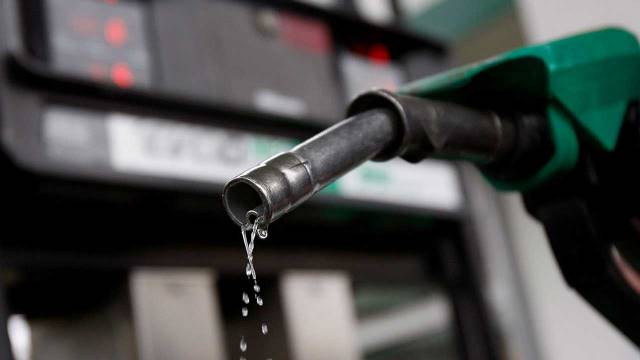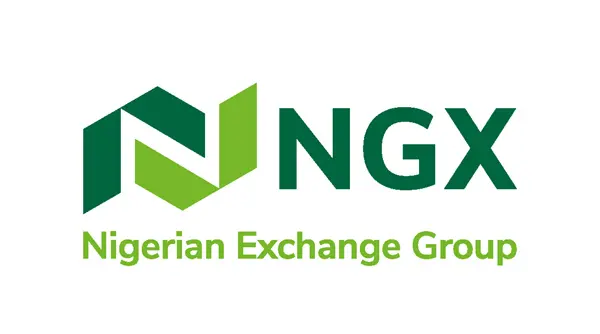FG, NNPCL Plan N7.7tn Fuel Subsidy Debt Repayment
The Federal Government’s outstanding fuel subsidy debt to the Nigerian National Petroleum Company Limited (NNPCL) has reached N7.74tn as of September 2024. This debt, classified as an exchange rate differential subsidy, covers the cost of maintaining fuel prices despite rising import costs between June 2023 and September 2024.
A document presented by NNPCL at the Federation Account Allocation Committee (FAAC) meeting in February 2025 revealed that the government is working on a 210-day repayment plan. This follows an earlier demand by NNPCL in August 2024 for a N4.71tn refund to settle part of its subsidy-related expenses.
The debt arose because the government supported fuel imports by covering the difference between the expected and actual costs of petroleum imports. Instead of passing these costs to consumers, the government absorbed them, leading to a growing financial obligation to NNPCL.
The FAAC document detailed that the total exchange rate differential initially stood at N10.499tn, but N2.756tn has been recovered between November 2023 and September 2024, reducing the outstanding balance to N7.74tn. The amount represents 14.07% of the 2025 national budget, which stands at N54.99tn.
Despite President Bola Tinubu’s announcement in May 2023 that fuel subsidies were abolished, recent reports from the International Monetary Fund (IMF) and World Bank suggest that the subsidy system was quietly reinstated. A leaked economic plan in June 2024 indicated that the government had allocated N5.4tn for fuel subsidies.
Energy expert Wumi Iledare questioned the government’s decision to reimburse NNPCL, arguing that the company already sells oil in foreign currency on behalf of the government. He stressed that NNPCL, like other oil firms, should be paying royalties rather than receiving refunds.
Meanwhile, FAAC members have raised concerns over revenue discrepancies in NNPCL’s reports. Ogun State’s Accountant-General, Tunde Aregbesola, highlighted a significant revenue decline compared to previous remittances, sparking fears that unresolved financial issues could impact federal revenue distribution.
With the Alignment Committee now reconciling the figures, stakeholders are calling for a clear timeline for concluding the process to ensure financial transparency.

